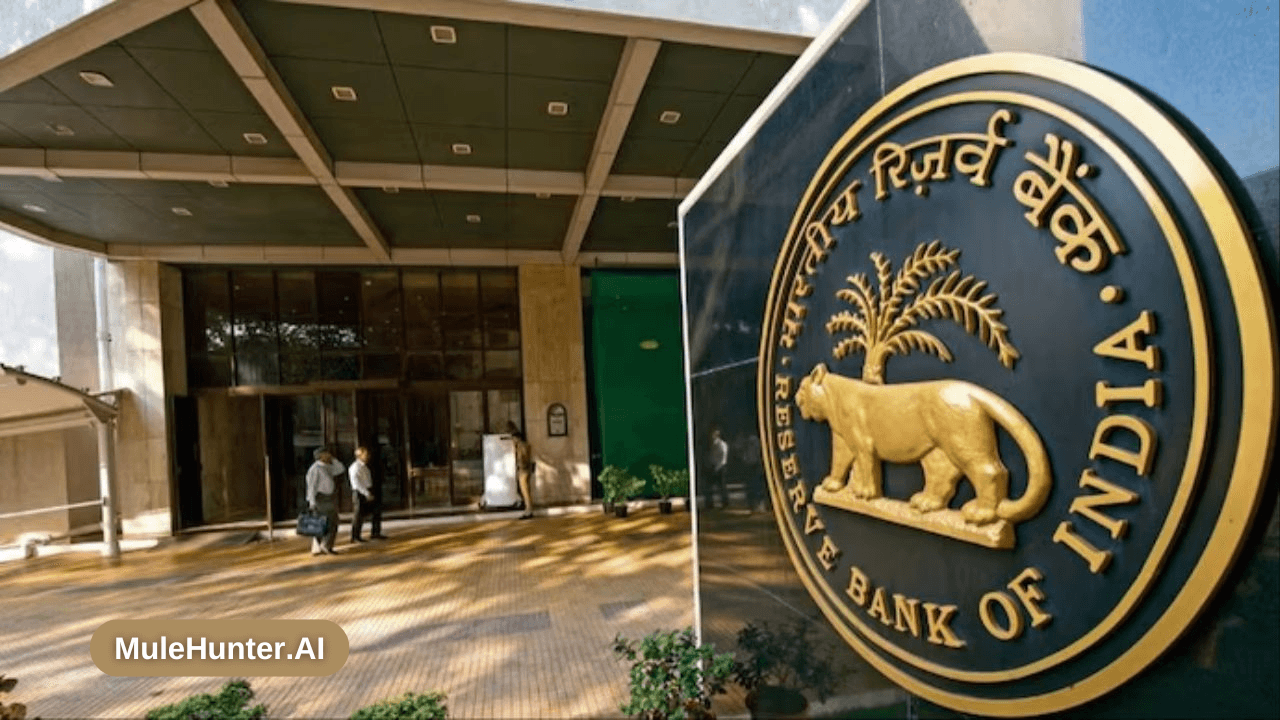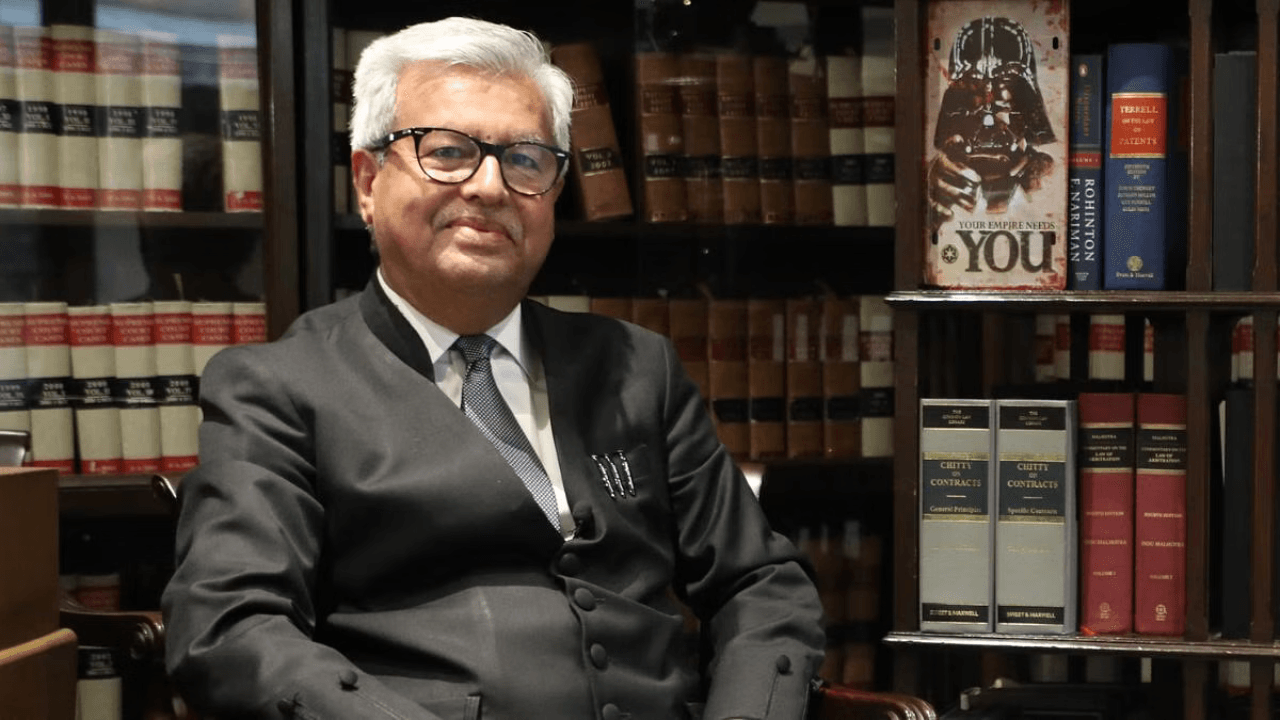Meta, the parent company of Facebook and Instagram, has announced plans to implement a broader labeling system for video, audio, and image content generated using artificial intelligence (AI). This initiative, set to commence in May, aims to address growing concerns regarding manipulated media and deepfake technology. The decision comes following recommendations from Meta’s independent Oversight Board, urging the company to update its existing policies.
Enhanced Labeling System
Meta’s new policy will involve labeling a wider spectrum of content as “Made with AI.” These labels could be applied through various means, including self-disclosure by users when posting content, advice from fact-checkers, or detection by Meta’s systems identifying markers of AI-generated content.
“We are making changes to the way we handle manipulated media based on feedback from the Oversight Board and our policy review process with public opinion surveys and expert consultations,” Meta stated in an official announcement.
The company emphasized its commitment to addressing the evolution of AI technology, which now encompasses realistic audio and photo manipulation. Meta recognizes the importance of accurately labeling content to inform users about the nature of the material they encounter on its platforms.
Concerns Over Deepfake Technology
The proliferation of AI-powered tools has raised concerns among experts regarding the potential misuse of deepfake technology, particularly in the context of elections. Malicious actors could exploit these tools to create deceptive content, posing significant challenges for voter education and information integrity.
OpenAI’s recent unveiling of its text-to-video tool, Sora, has underscored worries about the increasing sophistication of AI-generated content. Such advancements highlight the urgent need for robust measures to combat misinformation and manipulation in digital media.
Global Leaders Address AI Challenges
Leaders in the technology and political spheres have acknowledged the complexities surrounding AI and its societal implications. During a conversation with Microsoft co-founder Bill Gates, Indian Prime Minister Narendra Modi emphasized the importance of implementing clear watermarks on AI-generated content to mitigate the spread of misinformation.
“Addressing the challenges AI presents, I have observed that without proper training, there’s a significant risk of misuse when such powerful technology is placed in unskilled hands,” Prime Minister Modi remarked.
Bill Gates echoed these sentiments, acknowledging both the opportunities and challenges associated with AI technology. While recognizing its potential to enhance creativity and productivity, Gates stressed the need for continued vigilance in managing its impacts.
Meta’s Ongoing Efforts
Previously, Meta’s policies primarily targeted videos altered by AI to depict individuals saying things they did not. In February, the company introduced “Imagined with AI” labels for photorealistic images created using its AI feature. The forthcoming expansion of labeling efforts reflects Meta’s ongoing commitment to combatting the spread of manipulated media across its platforms.












